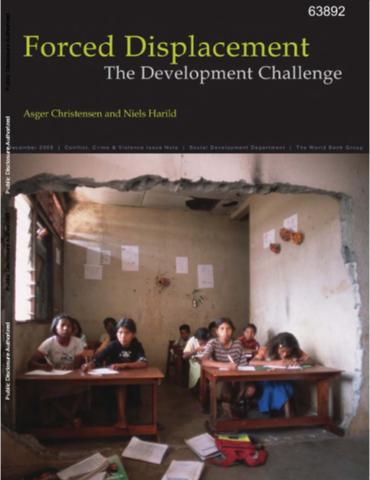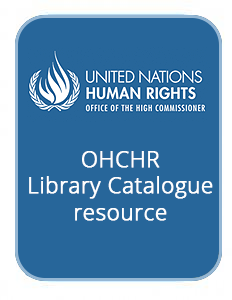Local knowledge and management of simpukng (forest gardens) among the Dayak people in East Kalimantan, Indonesia
Among the Dayak people in East Kalimantan, simpukng (“forest gardens”) are an important component of their traditional farming systems. Simpukng is managed secondary forests in which selected species of fruits, rattan, bamboo, timber and other plants are planted. While most are owned by families and passed down from one generation to the next, some are managed on a communal basis. Complex customary Dayak rules exist that control the use and inheritance of these forests that help to avoid over-exploitation of resources.






